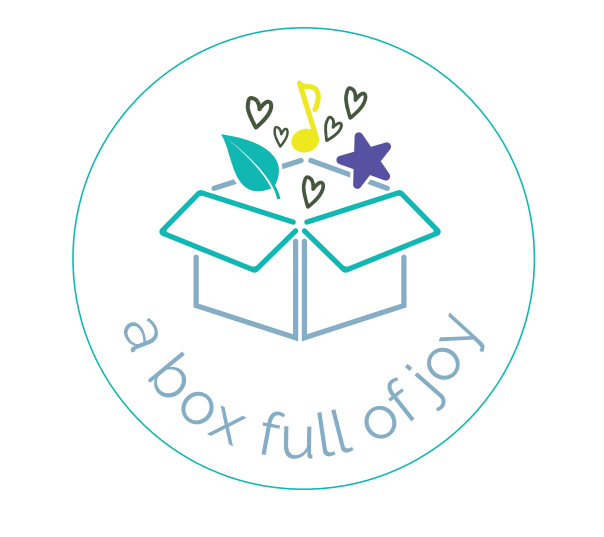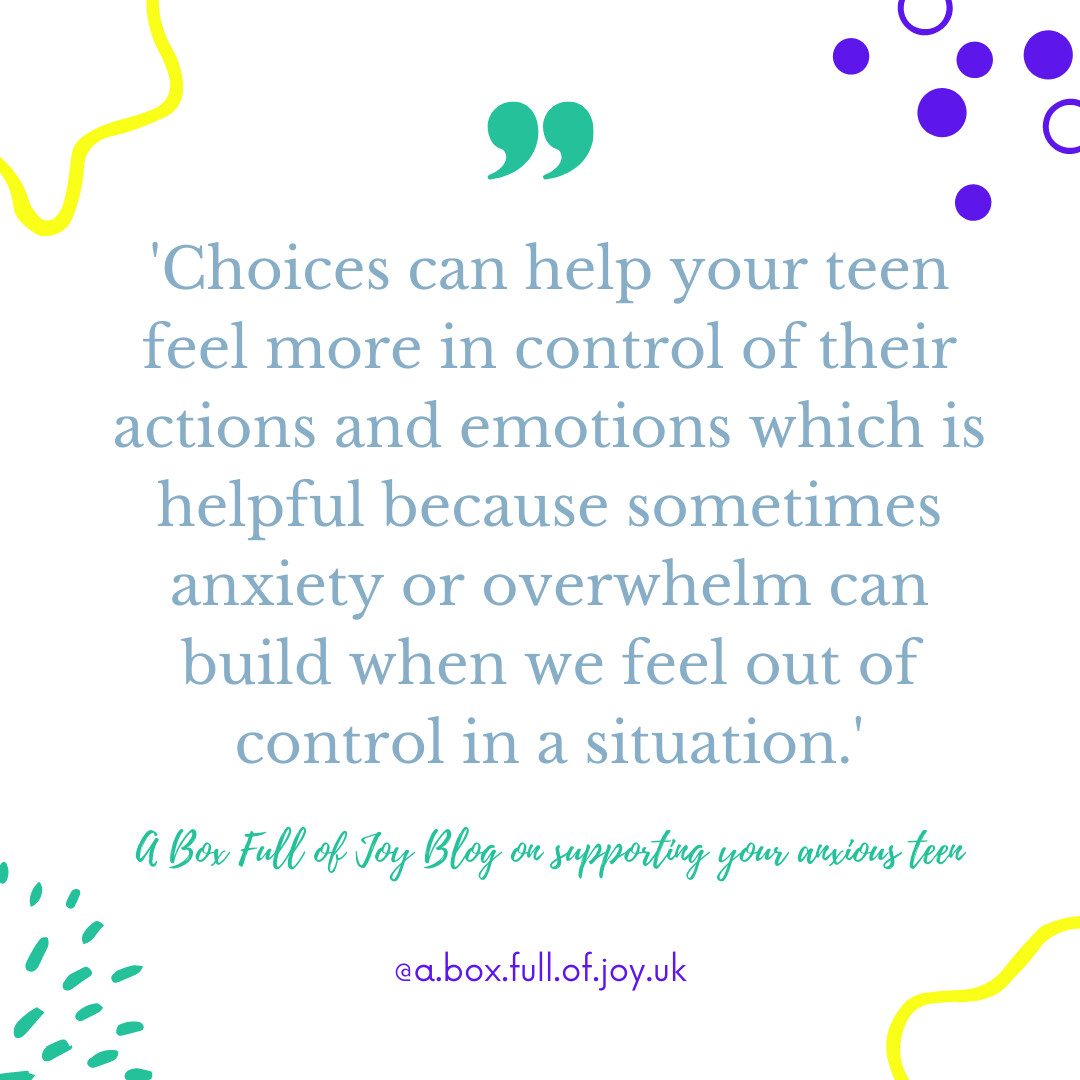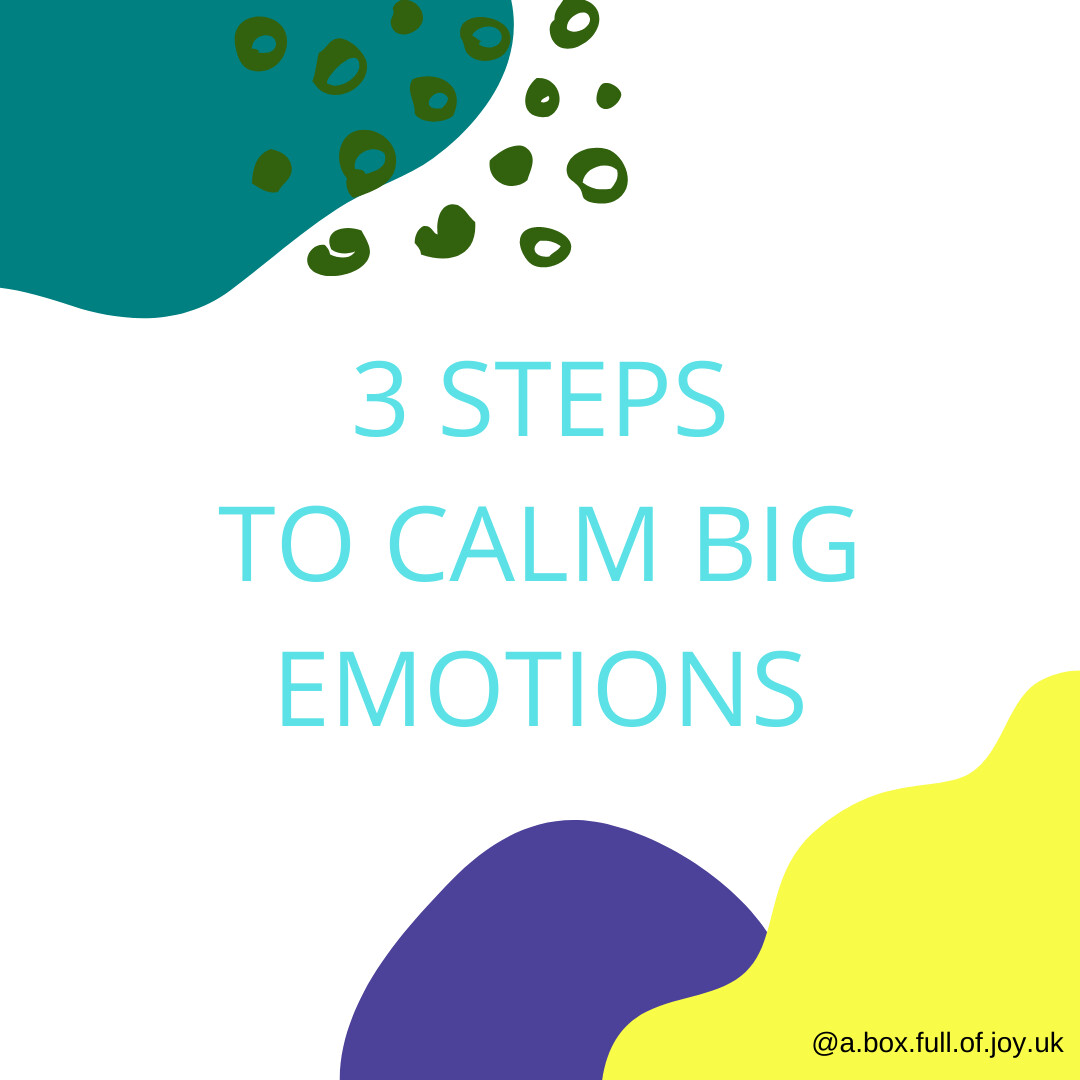
You are sitting there, in rows, on uncomfortable chairs, head down writing, thinking, confused, or enjoying the fact you read the right textbook that morning. The silence is only broken by the squeaking of desks that are not stable and industrious scribbling around the room. You look up at the clock as you try to work out how much time remaining to complete the millions of questions still left to answer. It is stifling, sweat is dripping from your brow, your hands are clammy, and aching from writing.
But you cannot stop, there are only five minutes left so you get back to it.
You feel your heart pounding in your chest, as your writing gets messier in the panic of getting everything down on the paper. Time is up - pens down, exam finished. You hope you’ve done enough knowing that you cannot change it now. You wait in silence to be dismissed. On the way home you feel sick as your friend smugly tells you how easy it was, and you realise what you may have missed.
Bringing back memories?!
Read more...
Have you ever stopped to think about the power of words? Just think about how many different ways words can be used to influence and affect people. Words can be used to build someone up or tear them down, to make them feel happy or sad, confident or ashamed. The list goes on and on. In this blog post, we will discuss the power of words and why what you say matters. We'll also look at some examples of how powerful words can be in influencing people's actions.
Words are one of the most powerful tools that we have at our disposal. They can be used to influence people in a positive or negative way. And it's not just the words themselves that matter, but also how they are used. The tone and inflection of your voice, the facial expressions you make, and even your body language all play a role in how your words are interpreted.
Even in the seemingly insignificant moments, your words matter, and you never know the impact your words can have. Recently, a former student who I taught about eight years ago, sent a message to apologise for making life hard for me in lessons. He said that I had told him that I expected a proper apology one day and he had always remembered that. Now I have that apology.
So, I want to encourage you that your words and actions don't go unnoticed. He thanked me for helping him despite his adolescent silliness. You may not see fruit right now and you may be feeling discouraged or stuck, not knowing what to do to improve your situation. However, I want you to know that the seed that you plant with your words may stick with someone for years.
Words can be used in a positive way to influence people. For example, if you're trying to encourage someone to do something, your words can play a big role in whether or not they take action. The same is true if you're trying to build someone's confidence or help them through a tough situation. In these cases, your words can be a powerful tool to help someone in need. Earlier this year I gathered a group of women together to share their words in a book to give teens hope (Letters to my Teenage Self) and you have the tools to share your stories too.
There is also a warning in here to think about what you say and what you do, because words stick. Have you ever said something that you didn't mean, only to have it come out wrong and cause hurt feelings? Or maybe you've been on the receiving end of someone else's words, where they said something that made you feel bad about yourself. We've all experienced this at one time or another. And it's a prime example of how words can be misused and cause harm.
When you take the time to think about what you're going to say before you say it, you can avoid these types of situations. Sometimes the words said can be internalised to form our inner critic. Think about how your words will be received and interpreted by the other person. If you're not sure, it's always better to err on the side of caution and not say anything at all.
Your voice has power or power to uplift and encourage or to destroy. Choose wisely how you use your words today. What are some examples of how you've seen the power of words at work? Share your stories in the comments below!

When was the last time you sat down and wrote a letter? If it's been a while, you're missing out on some incredible benefits! Letter writing is a great way to improve your mental health, boost your creativity, and relieve stress. In this blog post, we will discuss the benefits of letter writing and provide some tips on how to get started. So, what are you waiting for? Start writing!
There are many benefits to letter writing, but three of the most important are that it can help improve your mental health, boost your creativity, and relieve stress. Let's discuss each of these in more detail.
Mental Health: Letter writing can be a great way to improve your mental health. It can help you express your thoughts and feelings and can also be a form of therapy. letter writing can help you to process your emotions and to better understand yourself. In the book collaboration that is launching on Tuesday 7th June called Letters to my Teenage Self the authors found that writing the letters and revisiting their past pain helped them on the healing process. Eva writes 'Being part of the collaboration has been an amazing journey of self-discovery and finally finding closure for the pain I have carried all these years.'
Creativity: letter writing can also be a great way to boost your creativity. When you write letters, you are often forced to come up with new ways to express your thoughts and feelings. This can help to spark new ideas and can lead to greater creativity overall.
Stress Relief: Lastly, letter writing can be a great way to relieve stress. When you write letters, you are able to take your mind off of your worries and focus on something else. This can help you to relax and de-stress. Getting your thoughts down on paper is helpful for all ages. I have created a number of emotions processing pads that help with this process that you can see here. Letter writing can also be a great way to destress before bedtime. If you have trouble sleeping, try writing a letter before going to bed. You may find that it helps you to fall asleep more easily. So if you're feeling stressed out, try sitting down and writing a letter!
Need help getting started? If you're not sure where to start, here are some tips:
- Set aside some time each day or week to write letters. This can be as little as 15 minutes.
- Find a comfortable place to write, where you won't be interrupted.
- Make sure you have all the supplies you need, including paper, envelopes, stamps, and pens.
- Write about whatever is on your mind. There are no rules!
- Keep your letters private if you want to, or share them with a friend or therapist.
Letter writing is a great way to improve your mental health, boost your creativity, and relieve stress. So what are you waiting for? Start writing!

A few months ago, I listened to a talk by this amazing woman who is a brilliant and seemingly confident business women who is an advocate for girls education. She said that when she was in school, she had lost all confidence in herself and didn't believe she could do anything right. I mean, everyone has probably struggled with not feeling good enough at some point in their lives right? I know I have!
It wasn't until later in life until this women realized how much this lack of self-esteem had held her back from achieving her goals as well as how it continues to hold many young girls back today. As parents, we know how important it is to make sure our children feel good enough about themselves; but why? What's so important about helping your child or teen feel confident and happy with who they are? Read on to find out!
It wasn't until later in life until this women realized how much this lack of self-esteem had held her back from achieving her goals as well as how it continues to hold many young girls back today. As parents, we know how important it is to make sure our children feel good enough about themselves; but why? What's so important about helping your child or teen feel confident and happy with who they are? Read on to find out!
Self-esteem is confidence in one's own worth and abilities and it is vital that we create a culture that helps our kids and teens feel good enough because it will give them a strong foundation for when they grow up and face the big wide world! We know that children who have high self-esteem are more likely to be successful academically, socially and emotionally. Low self-esteem affects our moods and relationships with others and the consequences of low self-esteem can include anxiety and depression.
We can help our children and teens develop a high sense of self by listening to them, giving them the opportunity to learn new things and encouraging their interests or talents.
We can help our children and teens develop a high sense of self by listening to them, giving them the opportunity to learn new things and encouraging their interests or talents.
It is also useful to teach children techniques on how to cope with the feelings of not being good enough or low self-esteem, such as strategies to help the reframing of their negative thoughts as well as deep breathing exercises to help in times of anxiety that low self-esteem may bring.
It’s up to us as parents, educators and caregivers to help our children build their self-esteem. By providing support, encouragement and praise you can encourage your child's sense of worthiness which will lead them on the path towards success in all aspects of life! If you're still struggling with how to increase your child's self esteem or want some extra resources I invite you find out more information about my interactive workshop "Reframing negative thoughts: strategies to increase the self-esteem of your teen" by clicking here.

The weeks leading up to exams or tests can be nerve-wracking for both parents and teenagers alike. As a parent, it can be challenging to figure out how best to help your teen stay calm before exams so I thought I would share some tips on how you can help them through the process.
Throughout my teaching career the key piece of advice I gave to my students each year was to start revising and preparing early. Learning is the process of accumulating information and repetition can make the process of retrieving information more efficient. Therefore the earlier they start, the more they can repeat the information and the easier it will be to retrieve the vital information in the exam. So, the first step is for you as a parent to try and get ahead of the game by talking about the importance of studying early on with your teen, which will teach them good study habits to equip them for the years ahead.
Throughout my teaching career the key piece of advice I gave to my students each year was to start revising and preparing early. Learning is the process of accumulating information and repetition can make the process of retrieving information more efficient. Therefore the earlier they start, the more they can repeat the information and the easier it will be to retrieve the vital information in the exam. So, the first step is for you as a parent to try and get ahead of the game by talking about the importance of studying early on with your teen, which will teach them good study habits to equip them for the years ahead.
Secondly, it is really important to make sure they stay well-rested. If their body is tired, then their mind will be too and it'll make it harder to concentrate - so balance and a healthy routine that is not all revision revision revision is key.
Thirdly, keeping the atmosphere at home positive and calm is important as they may be feeling lots of pressure from school and the expectations of teachers. Therefore they need a safe space to be able to share their feelings of stress and feel understood when they feel like the weight of the world is on their shoulders.
There is often so much pressure to do well, and for teens today it can sometimes feel like their entire future hangs on these one or two exams so they heap more pressure on themselves and the cycle of stress and anxiety can occur.
Thirdly, keeping the atmosphere at home positive and calm is important as they may be feeling lots of pressure from school and the expectations of teachers. Therefore they need a safe space to be able to share their feelings of stress and feel understood when they feel like the weight of the world is on their shoulders.
There is often so much pressure to do well, and for teens today it can sometimes feel like their entire future hangs on these one or two exams so they heap more pressure on themselves and the cycle of stress and anxiety can occur.
Therefore the best way to support your teen in the lead up to exams/mocks is to make sure they have plenty of space and time to prepare and ensuring that their routine has enough relaxation built into it so that when exam stress does hit, they are well prepared with a calm headspace to tackle it.
If you would like further support then I have a 6 week programme for teens who don't feel 'good enough', have anxiety due to the pressure of expectations and are unable to study effectively to help them become more resilient, confident and calm in the face of exams. Click here to enter your details and I will be in touch so we can work together to provide the best support for your child in this challenging time. As a coach specialising in helping students develop resilience skills, I can show you how your child can achieve what they are capable of by working in partnership with you.
If you would like further support then I have a 6 week programme for teens who don't feel 'good enough', have anxiety due to the pressure of expectations and are unable to study effectively to help them become more resilient, confident and calm in the face of exams. Click here to enter your details and I will be in touch so we can work together to provide the best support for your child in this challenging time. As a coach specialising in helping students develop resilience skills, I can show you how your child can achieve what they are capable of by working in partnership with you.







